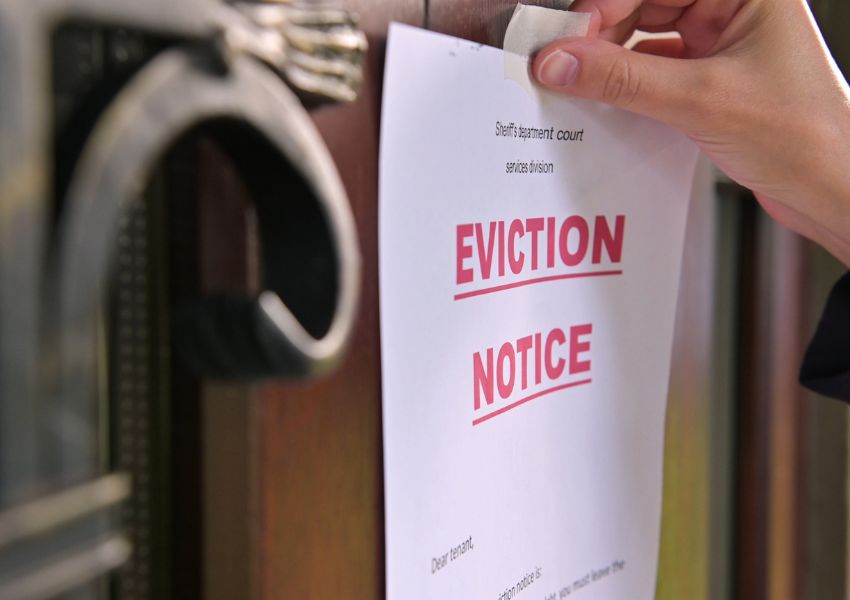
The recipe to success as a landlord in Maryland is knowing the state’s landlord-tenant law. By familiarizing yourself with this important piece of law, you’ll be able to know things allowable circumstances for landlord entry, how to carry out an eviction, what you can and cannot do with a security deposit, what disclosures you must provide your tenant, and how to increase a renter’s rent payments.
Maryland landlord-tenant rules highlights how the engagement between a landlord and a tenant under a lease must be to ensure each party’s rights are upheld. This blog will walk you through everything you need to know regarding both your and your renter’s rights and responsibilities under the landlord-tenant law.
Landlord Disclosures in Maryland
Landlords must, under the Maryland landlord-tenant law, inform their renters of certain disclosures before lease signing. The disclosures include the following.
- Lead paint concentrations. You must provide this disclosure to your tenant if your home or rental property was built before 1978.
- The name and address of the person managing the rental property. This can be the landlord or their agent.
- The tenant’s obligation regarding utility payment.
- The condition of the rental property when it comes to health and safety.
Renter’s Rights & Obligations
Maryland landlord-tenant law grants renters a right to:
- A habitable home.
- Have requested repairs addressed within 30 days after proper notification.
- A fair eviction process.
- Live free from landlord retaliation for acting within their rights.
- Receive their security deposit, minus allowable deductions, within 45 days of moving out.
- Break the lease for a legally justified reason.
- Get proper notification before a rent raise.

The list of obligations for tenants under Maryland landlord-tenant law includes the following:
- Properly notifying the landlord before moving out.
- Maintaining the unit’s safety and habitability.
- Keeping the unit clean as per the terms of the lease.
- Caring for the unit by making small repairs and notifying the landlord when maintenance issues arise.
- Respecting other tenants’ or neighbors’ right to quiet enjoyment.
- Respecting all terms and policies of the lease agreement
- Providing the rent money on a set date each month
Landlord Rights & Obligations in Maryland
The state’s landlord-tenant law grants landlords a right to:
- Evict a tenant who is unable to abide by any of the terms of the lease agreement.
- Charge a new tenant a security deposit equivalent to 2X the monthly rent.
- Raise rent after the end of the current lease term.
- Enter your tenant’s rental unit for reasonable purposes such as carrying out inspections and maintenance.
- Require all prospective tenants to undergo a mandatory screening process.
The list of your responsibilities as a Maryland landlord includes the following:
- Providing tenants with certain mandatory disclosures before allowing them to sign the lease.
- Entering a tenant’s rental unit only for purposes mentioned in the lease agreement.
- Treating tenants fairly as per the Federal Fair Housing Act.
- Notifying tenants before raising their rent.
- Making reasonable efforts to re-rent the unit after a tenant breaks their lease.
- Notifying tenants of periodic rental agreements before terminating their agreement.
- Obtaining a court order before evicting a tenant from the unit for a lease violation.

Overview of Maryland Landlord Tenant Laws
Habitability
Both rental property owners or landlords and their tenants have certain responsibilities when it comes to a unit’s habitability. As a landlord, you Maryland laws state that you must ensure that the property you rent meets the basic safety and health codes. If a landlord fails to maintain the property, they may be in violation of Maryland laws.
For instance, the landlord-tenant law states that a leased rental property must be free of pest infestations and have heating, hot water, smoke, and carbon monoxide detectors. Your tenant must ensure they keep the property clean and hygienic, and report maintenance issues to the landlord on time
Tenant Eviction
Once a tenant signs a written lease, they agree to abide by all terms of the contractual agreement. If the tenant fails to uphold these terms—for example, by not paying rent when it is due—you may be able to terminate their lease in accordance with Maryland laws.
Under the Maryland state landlord-tenant law, landlords must go through the state’s eviction procedure to remove the tenant from the unit. Landlords must not try to remove the tenant by any other means, such as locking them out or throwing out their belongings. These are illegal “self-help” eviction tactics and can also be considered forms of landlord retaliation if done in response to a tenant exercising their legal rights.
Security Deposits
Most landlords in Maryland charge tenants a security deposit as part of the initial move-in costs. It helps landlords offset some of the costs associated with lease violations, albeit to some extent. If, for instance, a tenant breaks their rental agreement unjustifiably, landlords may be able to cover their losses by withholding part or all of the tenant’s deposit.

Maryland, just like other states, has a security deposit law in place. It outlines what a landlord can and cannot do when it comes to tenants' security deposits. For example, you must not ask for a deposit exceeding the equivalent of 2 months’ rent money. You must also store it in an interest-bearing account.
Rent Increases
Within Maryland laws, there is currently no rent control in place. Therefore, a landlord decides whether to raise the rent by any amount and may do so as often as they wish. Be sure to check your local jurisdictions, though as they may have some restrictions regarding rent increments.
Bottom Line
All your actions as a property owner must abide by the Maryland landlord-tenant laws. If you’re looking for a rental property management expert, look no further than The Maryland and Delaware Group Property Management. Our specialty is in full-service property management. Get in touch today to learn about our professional services!
Disclaimer: Please note that the information provided in this blog is intended for general guidance and should not be considered as a replacement for professional legal advice. It is important to be aware that landlord tenant laws pertaining to property management may change, rendering this information outdated by the time you read it.


